We’re back!
06/10/22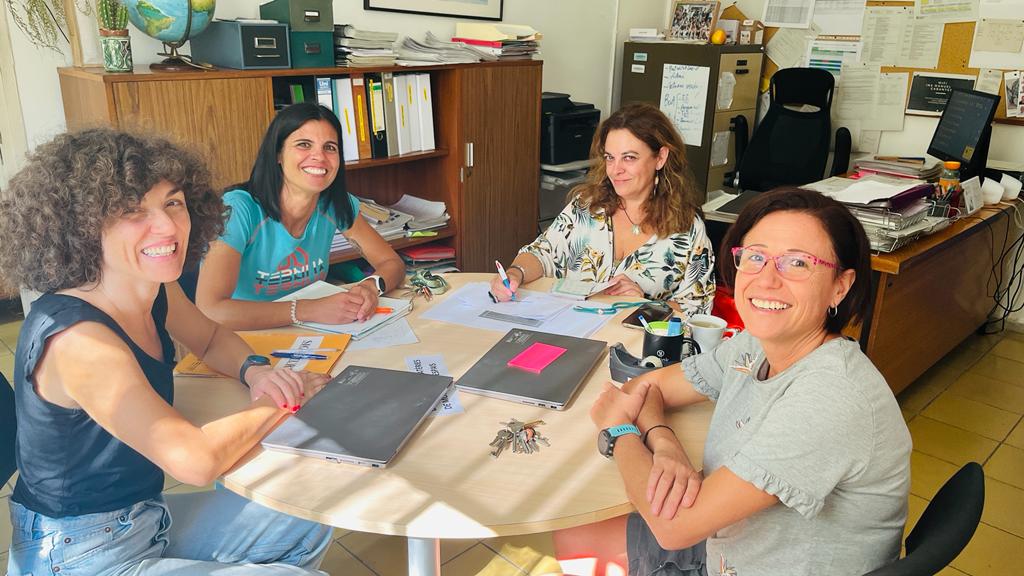
Second year GEP sessions are about to start. In the meanwhile the drive group is having their meetings and started working on the objectives of the school year. We’re back, geppers!… Llegeix més»
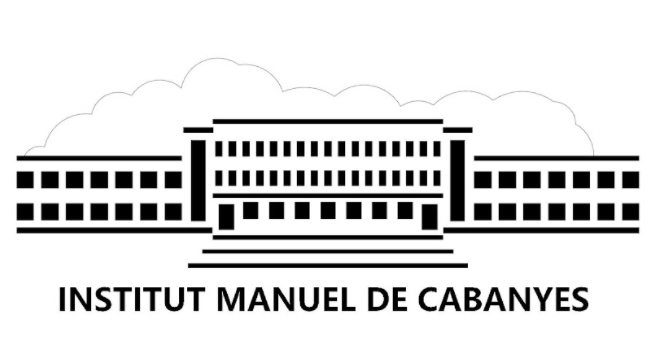

Second year GEP sessions are about to start. In the meanwhile the drive group is having their meetings and started working on the objectives of the school year. We’re back, geppers!… Llegeix més»

Last Tuesday 24th May, GEP1 Congress took place virtually. As in a great social event we were expected to meet some etiquette standards so we had to wear a badge and bowtie for the occasion. After a very brief greeting with all GEP1 participants from Catalonia we moved to the second part of the session, in which we shared our strenghts as a workteam with the rest of high schools from Barcelona area. It has been a pushy program in a very busy school year but must say we are so proud of the work done and looking forward what is coming next. Hello geppers!… Llegeix més»

GEP program can be everywhere. Join us!… Llegeix més»

Cabanyes Fitness Club is working! Second ESO students are having fun doing fitness activities and choreographies from Just Dance. Hello Geppers!… Llegeix més»
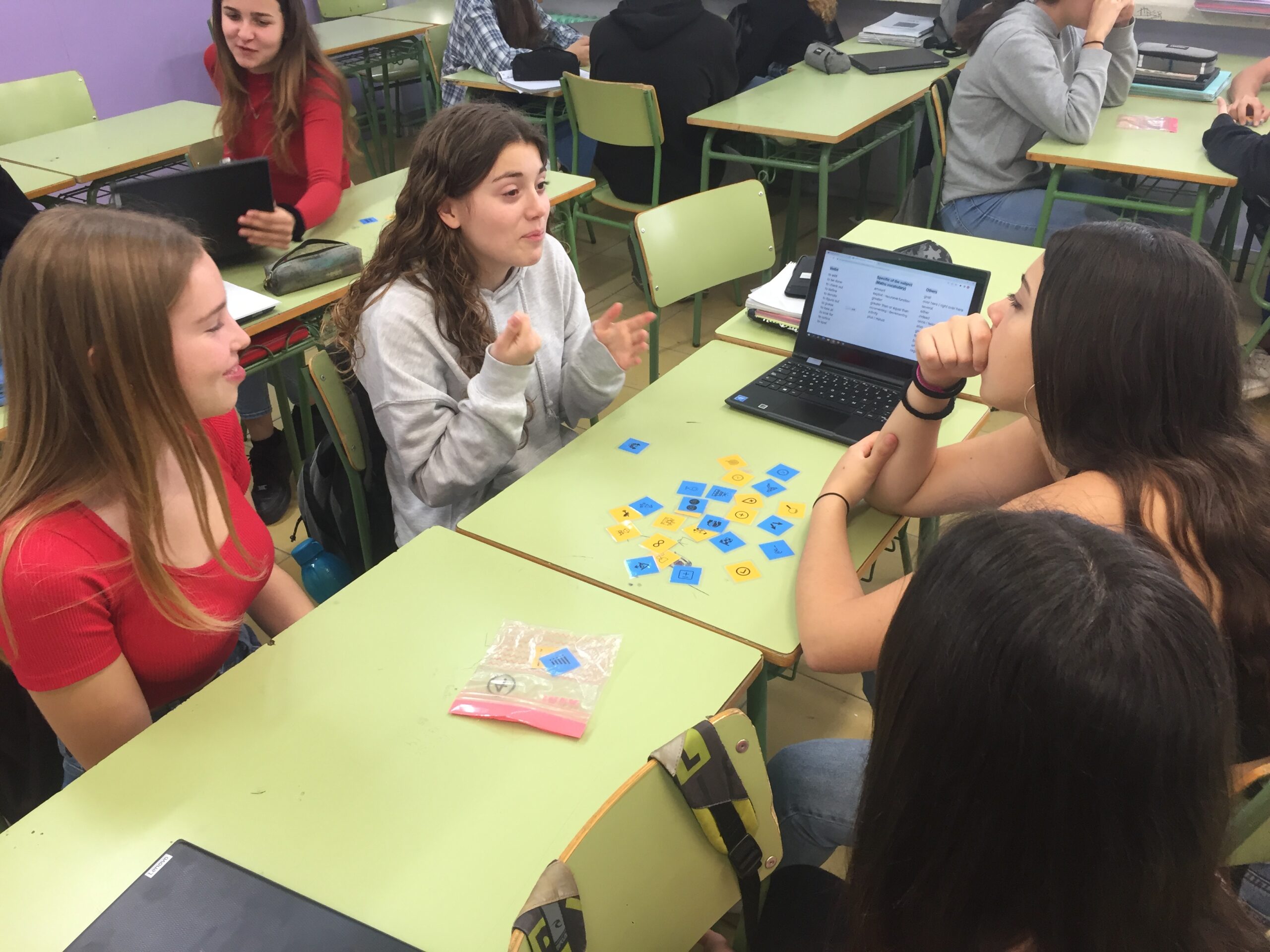
Before beginning Maths lessons in English the pupils in the fourth course of ESO were a bit afraid. After this first week they are feeling more confident and comfortable and they have started to believe they are able to understand, explain and communicate concepts in another language. Hello Geppers!… Llegeix més»
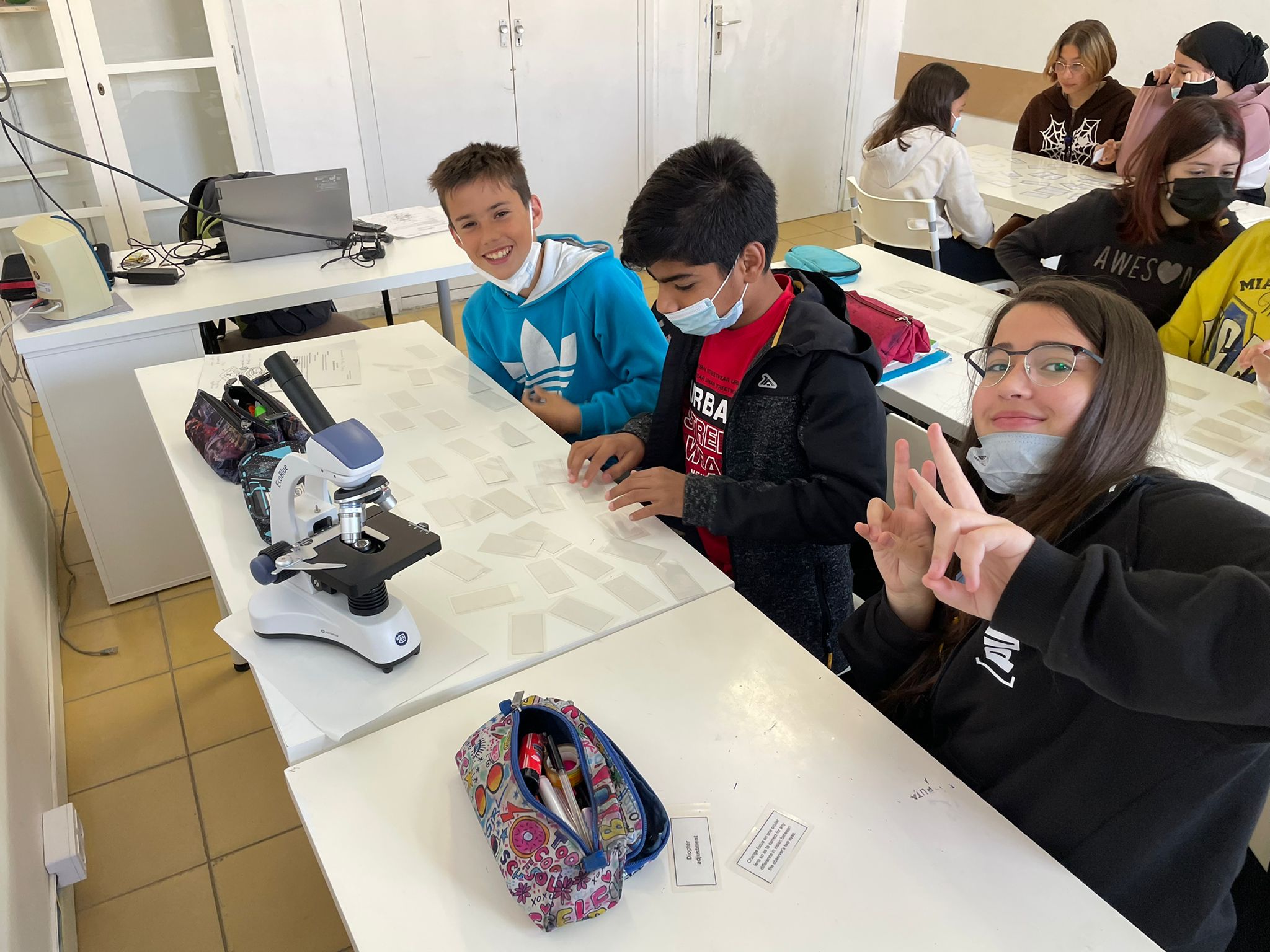
Biology lessons in English have started and our students are learning how to develop their skills inside the classroom in English. Surely most teenagers would like to have this oportunity to learn in order to be more competent in the future. Hello Geppers!… Llegeix més»
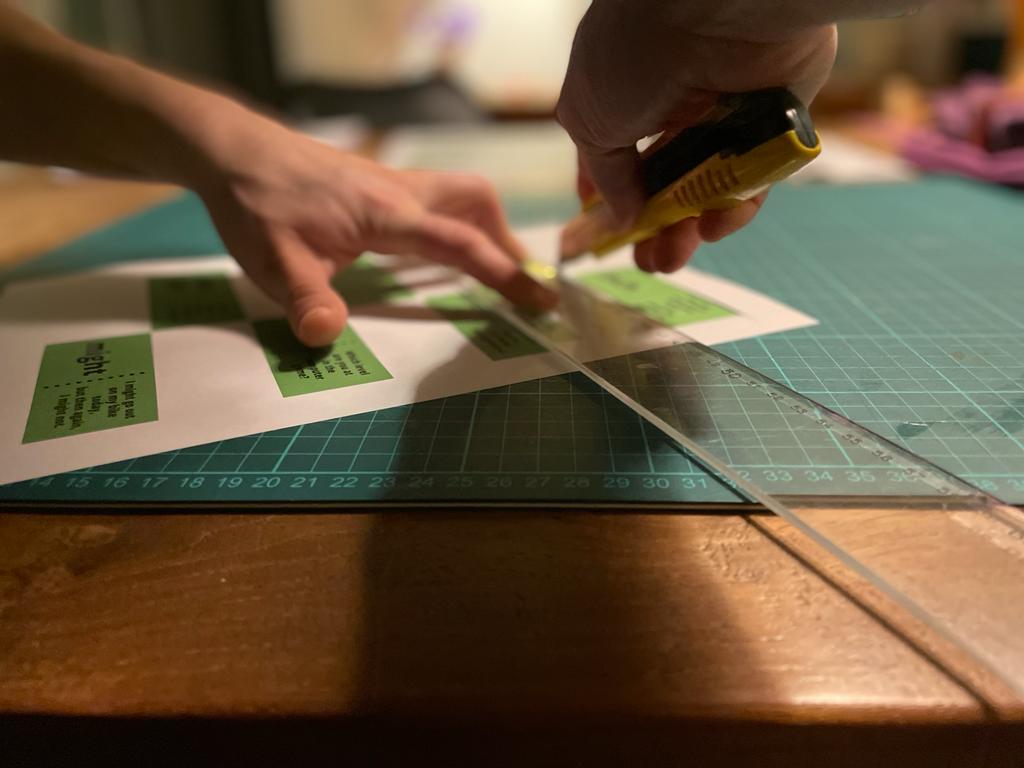
The teachers involved in the GEP programme are starting the sessions in English with their pupils next April. Since October last year they have been working hard during their training lessons and also thinking about every single detail of the programmings which they have created. Once everything has been checked by the formers and the last deadline has been done, we want to let you know they almost have their materials ready for the students to use them in the classroom. Are you ready, geppers?… Llegeix més»

Second ESO students have used a KPSI (Knowledge and Prior Study Inventory) report about basketball. A KPSY report is a self-assessment questionnaire which is used to determine, in this case, their perception of the game. It is not an exam, therefore it should not be graded.… Llegeix més»
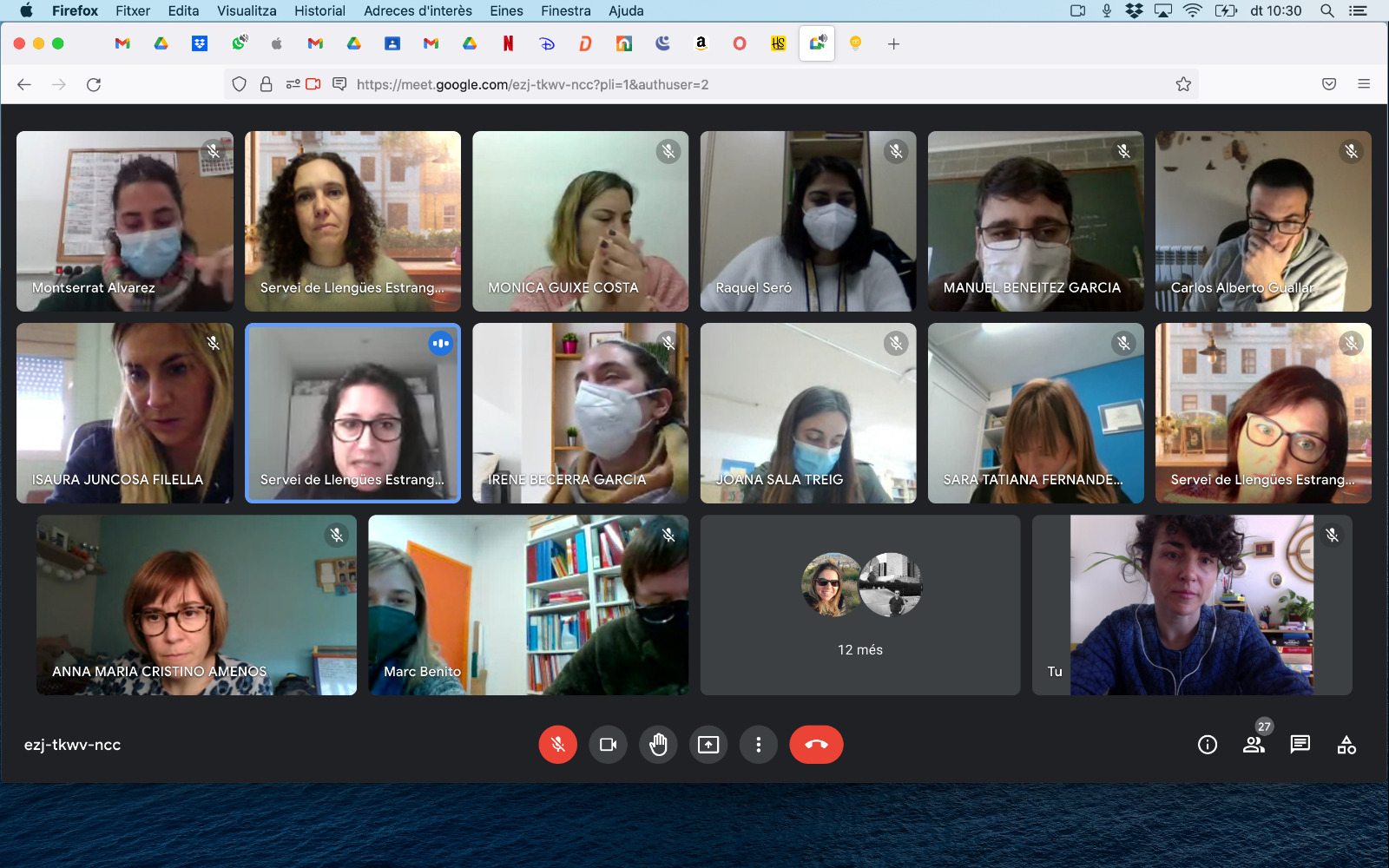
This morning, at 9am, as usual, we have restarted the meetings for the Plurilingual Generation Programme talking about reading and writing. In this sixth module we have learned strategies to use before, during and after-reading and we have put in practise two techniques for writing: the storyboard and mindmap. We are working hard and learning loads and hoping our pupils to take the most of the next CLIL sessions. We keep you posted!… Llegeix més»
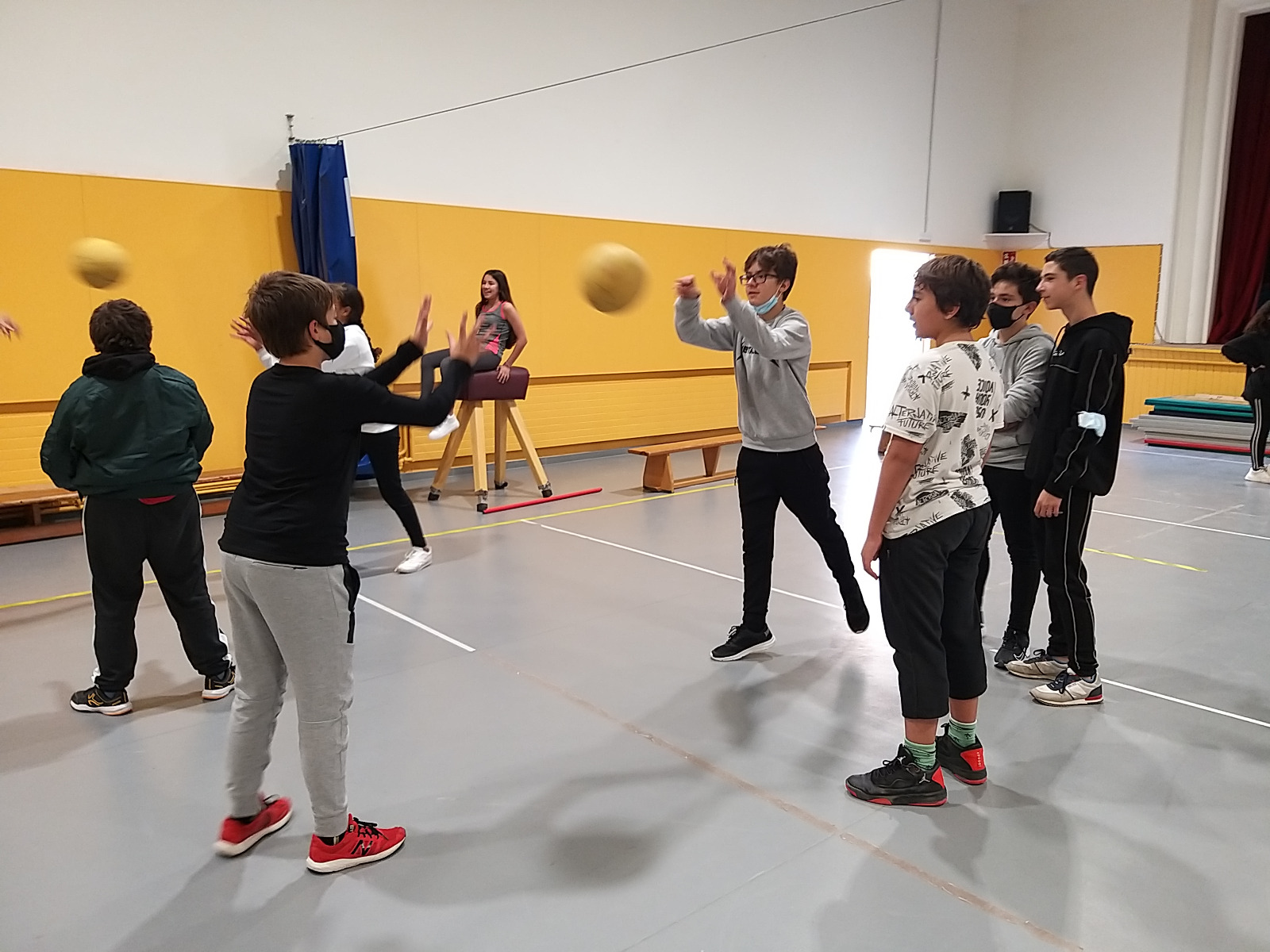
In the 1st year of ESO, they work on their physical condition and healthy habits through gamification. This is an innovative and motivating learning strategy which is used as a tool to capture students’ attention and invite them to learn from a playful perspective. Using a board similar to the “Game of the Goose” students should work cooperatively in groups of four. Whenever they fall into a box they have to answer questions related to health (diet, posture habits, rest, hydration, decalogue of healthy habits) and active lifestyle (physical activity, rest, sport, fair play, safety) and then perform the corresponding strength and endurance exercise. Good job, first!… Llegeix més»